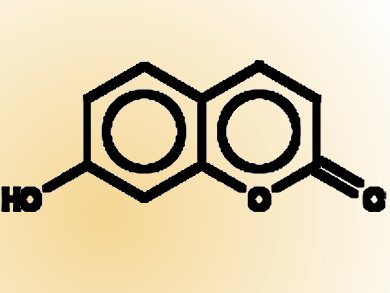The hepatitis C virus (HCV) is a major cause of liver disease. Current treatments have severe side effects and low cure rates. Coumarin derivatives have recently proved active against a range of viruses.
Ying-Ting Lin, Shyh-Chyun Yang and colleagues from Kaohsiung Medical University, Taiwan, focused on the synthesis and activity of anilinocoumarins as agents against HCV. They synthesized a range of 3-substituted compounds from 3-(chloromethyl)coumarin and various anilines by using an amination reaction.
The most potent compound, 3-(3′,4′,5′-trimethoxyanilin-1′-yl)methylaminocoumarin, showed anti-HCV activity with an EC50 value of 12 μM. This compound prevented replication of HVC by boosting the protective immune defences of cells – an interferon response – 3.6-fold relative to controls.
Drugs that induce an interferon response promise lowered drug resistance resulting from virus mutations, and this compound is a promising lead.
- Novel anilinocoumarin derivatives as agents against hepatitis C virus by the induction of IFN-mediated antiviral responses,
H.-K. Peng, W.-C. Chen, J.-C. Lee, S.-Y. Yang, C.-C. Tzeng, Y.-T. Lin, S.-C. Yang,
Org. Biomol. Chem. 2013.
DOI: 10.1039/C2OB26860D




